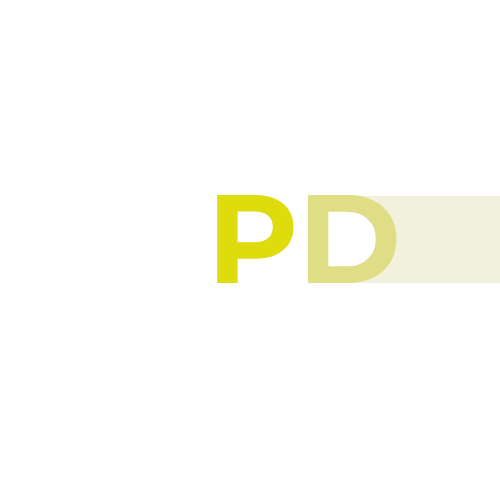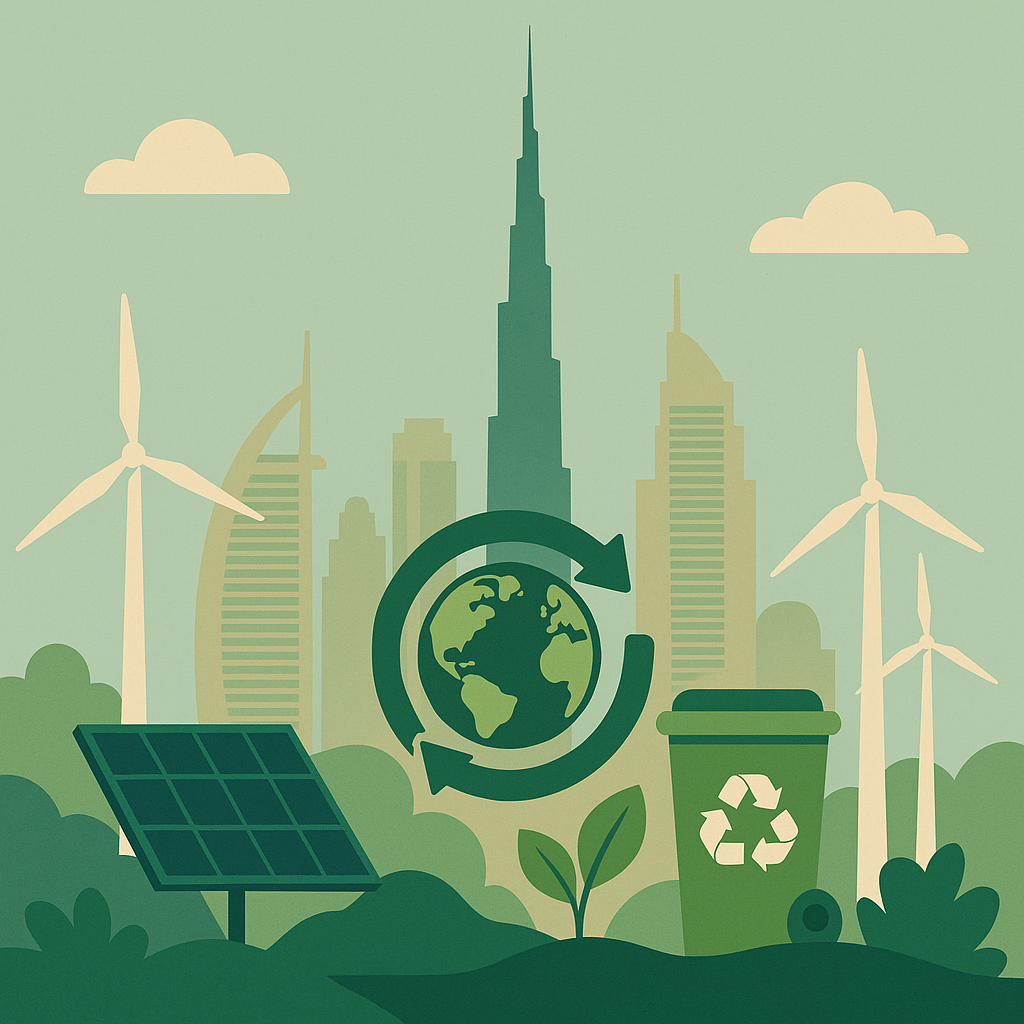Over the past two decades, the United Arab Emirates (UAE) has undergone a dramatic transformation from an oil-driven economy to a global advocate of sustainability. Once known primarily for its vast hydrocarbon reserves and large-scale construction projects, the UAE is now being recognized for its growing leadership in renewable energy, environmental protection, and sustainable development. But the key question remains: where does the UAE rank globally in sustainability?
Performance in Global Sustainability Indices
According to the 2023 Environmental Performance Index (EPI)—a data-driven ranking developed by Yale and Columbia Universities—the UAE has made marked improvements across several critical categories, including:
Air Quality
Climate Policy
Waste Management
Sustainable Agriculture
Energy Use Per Capita
While the UAE still faces challenges typical of high-income, arid countries, it performs significantly better than many of its Middle Eastern peers and is starting to outpace even some European nations in certain indicators. In particular, its efforts in renewable energy deployment and emissions reduction policies have caught global attention.
Another important benchmark is the Global Green Economy Index (GGEI), which evaluates countries based on leadership, climate change, efficiency sectors, and green branding. Here too, the UAE consistently ranks among the top countries in the MENA region and is gaining recognition globally for its large-scale investments in clean technologies.
Major Projects Elevating Global Standing
The UAE’s commitment to clean energy is central to its rising reputation. Projects such as the Noor Abu Dhabi Solar Plant, one of the world’s largest single-site solar facilities, and the Barakah Nuclear Energy Plant, the first nuclear power station in the Arab world, have firmly placed the UAE on the global map of sustainable innovation.
Additionally, initiatives in green mobility—such as the Dubai Metro expansion, electric vehicle incentives, and smart city infrastructures—contribute to the UAE’s improved ranking. Waste-to-energy programs and robust recycling systems have also expanded rapidly in recent years, supported by circular economy strategies.
Sustainability Diplomacy and Global Presence
Hosting COP28 in Dubai in 2023 marked a significant moment in the UAE’s sustainability journey. As a host country, the UAE demonstrated not only its regional leadership but also its commitment to international climate diplomacy. The event amplified its voice on the global stage and positioned the nation as a bridge between developed and developing countries in the sustainability conversation.
Participating in global climate initiatives, funding clean energy projects across developing nations, and joining multilateral platforms like the International Renewable Energy Agency (IRENA)—headquartered in Abu Dhabi—further affirm the UAE’s leadership role in sustainability.
How EPD Consultancy UAE Supports Ranking Efforts
A key factor that strengthens the UAE’s global sustainability rankings is its integration of international environmental frameworks such as LEED, BREEAM, Estidama, and ISO 14025. These frameworks rely heavily on transparent data and lifecycle assessments to validate environmental performance.
This is where services like EPD Consultancy UAE play a pivotal role. Environmental Product Declarations (EPDs) offer third-party verified information about the environmental impact of materials and products throughout their life cycles. EPDs are essential for achieving high scores in green building certifications and are increasingly required in public and private projects.
Through EPD Consultancy UAE, local manufacturers and suppliers receive professional guidance in preparing EPDs that meet international standards. These consultants help improve product transparency, enable access to global markets, and directly contribute to better performance in environmental indices.
By encouraging EPD adoption, the UAE not only elevates its domestic sustainability practices but also aligns with international expectations, boosting its credibility and ranking in sustainability assessments.
Conclusion: From Ambition to Recognition
The UAE has evolved from a fossil-fuel-dependent state to a global sustainability trendsetter. It doesn’t just rank well—it sets the standard in many areas for the MENA region and increasingly on the world stage. From renewable megaprojects to green regulatory frameworks, and from global climate summits to the implementation of product transparency tools like EPDs, the UAE’s strategy is comprehensive and results-driven.
As businesses, cities, and institutions across the Emirates embrace EPD Consultancy UAE services, the nation’s collective ability to demonstrate measurable environmental performance grows—further reinforcing its position as a global sustainability leader.


